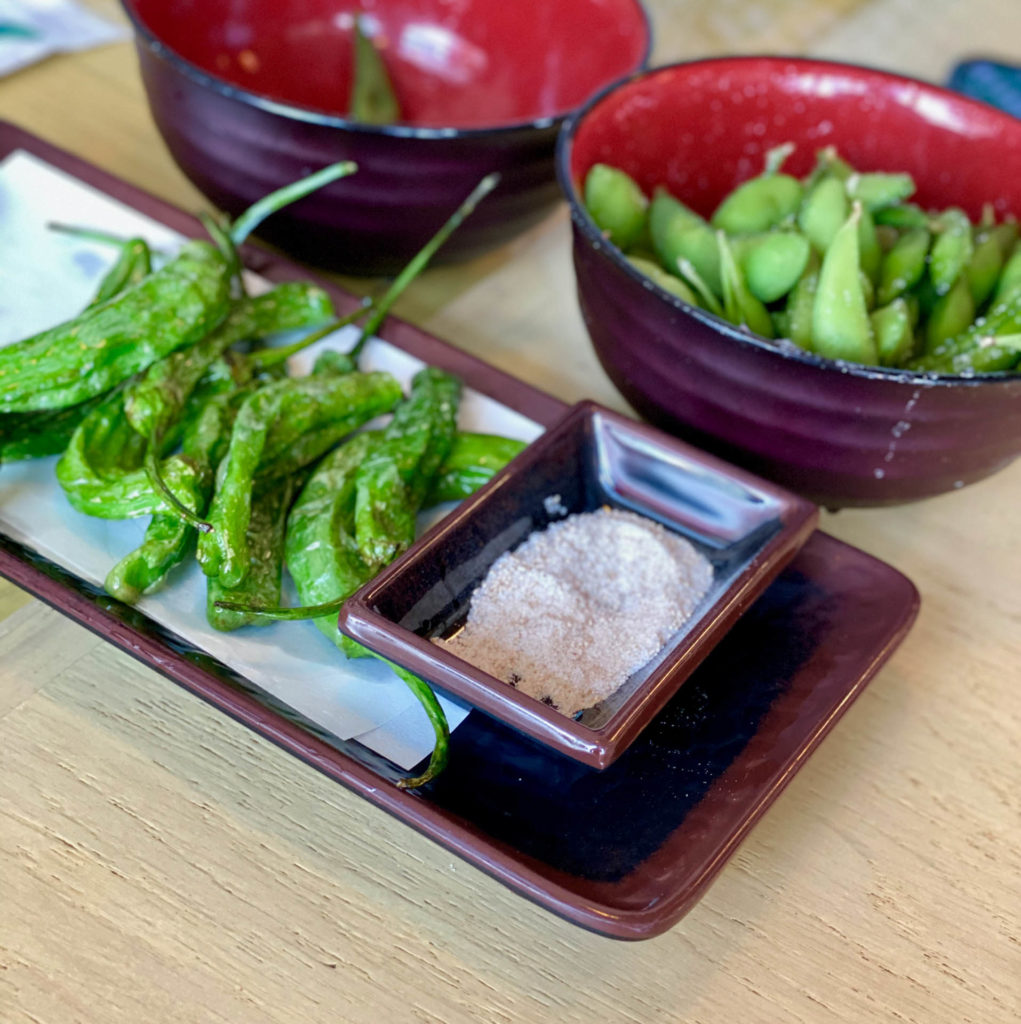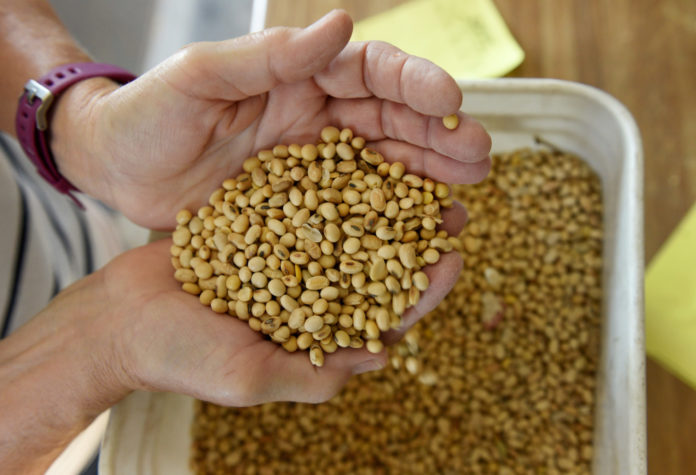
THE GOOD
Whole soybeans contain a range of important nutrients,100 grams (about 3.5 ounces) of mature, boiled, whole soybeans contain large amounts of:
- Manganese
- Selenium
- Copper
- Potassium
- Phosphorus
- Magnesium
- Iron
- Calcium
- Vitamin B6
- Folate
- Riboflavin (B2)
- Thiamin (B1) and
- Vitamin K
Soybeans are rich in vitamins and minerals
THE BAD
This portion of soybeans also contains 173 calories, with 9 grams of fat, 10 grams of carbs (6 of which are fiber) and 17 grams of protein. This respectable amount of nutrients needs to be taken with a grain of salt, because soybeans are also extremely high in phytates.
Phytate, or phytic acid, is a naturally occurring compound found in all plant foods like beans, grains, nuts, and seeds. In the past, there were concerns that foods high in phytates might reduce the absorption of minerals.
Soybeans are a surprisingly good source of protein
Soybeans are a pretty good source of protein and are better than most other plant proteins. However, processing soy at a high temperature can denature some of the proteins and reduce their quality.

The fatty acids in soybeans are mostly Omega-6 polyunsaturated fats. This can be problematic because too many Omega-6s in the diet can lead to inflammation and all sorts of health issues. Many people worldwide (vegan or non) are deficient in Omega 3 fatty acids which are responsible for reducing inflammation. For this reason, it is particularly important to avoid soybean oil (and other vegetable oils high in Omega-6) and processed foods that contain it.
THE UGLY
Be aware that the nutrient composition of soy depends dramatically on the type of soy food. Whole soybeans can be nutritious, while refined soy-derived products like soy protein and soybean oil aren’t nutritious at all.
© Copyright – Hector Sectzer

















